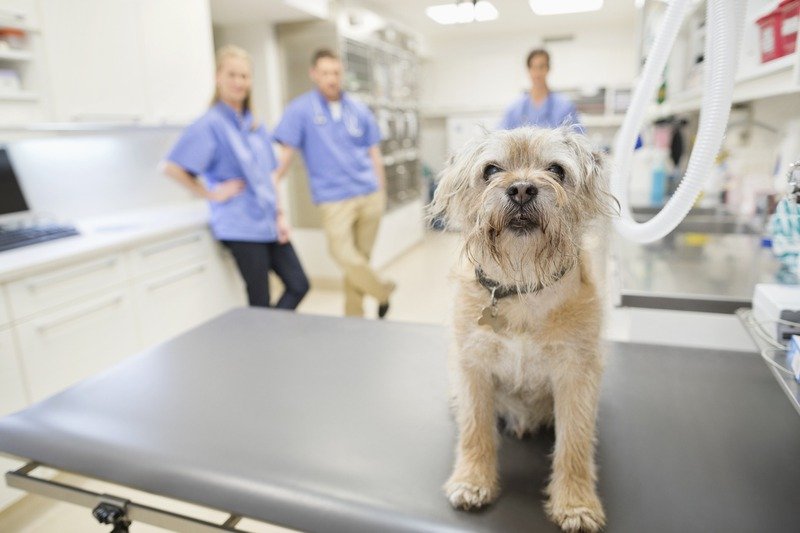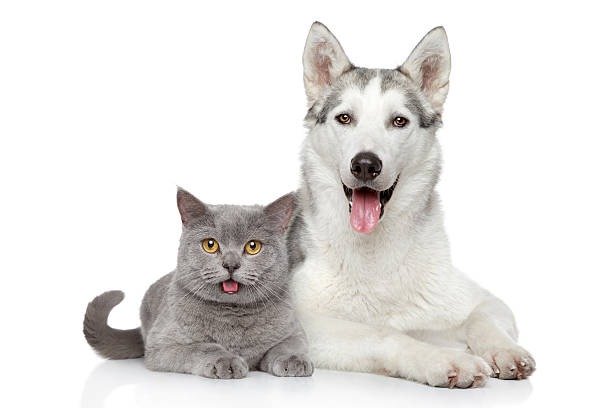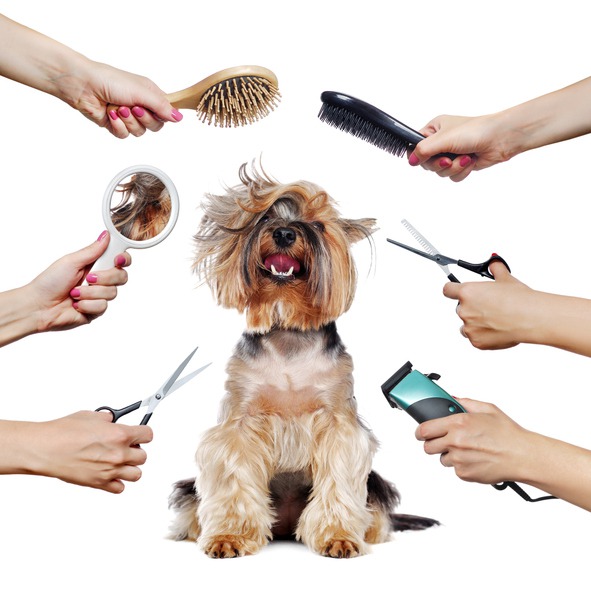Just like us, our furry friends need their teeth to be in tip-top shape. It’s not merely about having a pearly white smile – dental care is crucial for overall pet wellbeing. From those playful puppy nibbles to the cozy senior cat purrs, every chomp and chew is a testament to their health. Let’s tuck into the reasons why paying attention to your pet’s dental hygiene shouldn’t just be a footnote in their care routine.
Why Your Pet’s Dental Health Matters
What’s the big deal with keeping your pet’s teeth clean? Well, it’s far more than avoiding stinky breath. Good dental hygiene can prevent a host of issues that can affect your pet’s quality of life and even their longevity. From painful infections to life-threatening conditions, the state of your pet’s mouth has a far-reaching impact on their overall health.
Preventing Pain and Discomfort
Imagine how tough it would be if every bite you took caused discomfort. That’s the reality for pets with poor dental health. Regular dental care helps prevent conditions like gingivitis and periodontal disease, which can be incredibly painful for your animal buddy. By keeping their teeth clean, you’re ensuring their meals are more enjoyable and pain-free.
Avoiding Major Health Complications
Left unchecked, dental issues can spiral into bigger health problems. Bacteria from a diseased mouth can enter the bloodstream and make a beeline for vital organs. Heart, liver, and kidney diseases have all been linked to poor dental health in pets. By taking care of their teeth, you’re safeguarding their entire body.
Keeping Up with Overall Wellbeing
Good oral health is part of a holistic approach to your pet’s care. It ties into their diet, behavior, and even their social interactions. Animals in pain may be less likely to play or may become irritable. By ensuring their teeth and gums are healthy, we help maintain their happiness and sociability.
Identifying Dental Troubles in Pets
How can you tell if your furry friend is having a dental dilemma? There are red flags that should prompt a visit to the vet. Bad breath is a common sign – but it’s not just about a bit of fishy feline breath or stinky dog panting. Other warning signs include:
-
Difficulty eating or loss of appetite
-
Visible tartar or plaque buildup
-
Swollen, bleeding gums or loose teeth
-
Pawing at the mouth or rubbing the face
-
Reduced interest in chew toys
Catching these symptoms early can make a world of difference in treatment and successful recovery.
Steps to Take for Your Pet’s Dental Care
We know pet dental care is important, but what exactly should we be doing to look after our pet’s pearly whites? Here are a few recommendations to incorporate into your furry friend’s routine.
Regular Dental Check-Ups
Keep up with regular vet visits – they’re more than just for those cat and dog shots and annual check-ups. Vets can spot the early signs of dental trouble and provide professional cleanings. These check-ups are important for nipping potential problems in the bud before they become serious.
Brush Their Teeth
Yes, pets need their teeth brushed, too. Invest in a pet-specific toothbrush and toothpaste. Human toothpaste can be toxic to animals, so it’s crucial to use a product designed for pets. Aim to brush their teeth a few times a week, if not daily. Remember, it’s important to ease them into the routine gently.
Provide Suitable Chew Toys and Treats
Chew toys and dental chews can do wonders for your pet’s dental health. They help reduce plaque and tartar buildup, plus they keep your pet engaged. Just ensure the toys are appropriate for your pet’s size and chew strength to prevent any accidents.
Dental Diets and Supplements
Special dental diets and supplements can also support tooth and gum health. These products are formulated to reduce plaque and tartar or improve overall dental hygiene. Consult your vet to choose the best option for your pet.
What If Your Pet Needs Dental Treatment?
If your pet develops dental issues, treatments can vary from simple cleaning to more complex procedures like extractions. Depending on the severity of the problem, your vet might suggest x-rays, dental scaling, or even periodontal therapy. Don’t worry; our animal companions are tough cookies, and with good care, they usually bounce back swiftly from these treatments.
Should your pet require specialized dental care, you can always check this link to learn more about vet dentistry and get the best advice and services for your furry pal.
Home Dental Care Tips
Caring for your pet’s dental health doesn’t only happen at the vet clinic. Here are some simple steps to keep their chompers in great shape at home.
-
Start a dental routine early in your pet’s life to get them used to getting their teeth brushed.
-
Regularly check your pet’s mouth for any signs of abnormalities or discomfort.
-
Offer dental-friendly toys and treats to encourage natural cleaning.
-
Watch their diet and ensure they’re getting the right nutrition to support dental health.
-
Stay vigilant about changes in your pet’s behavior that might signal dental issues.
Pair these home care methods with professional vet care, and you’ve got a solid defense against dental trouble.
Finding the Right Dental Care Products
Numerous products are available to aid in your pet’s dental hygiene, including water additives and enzymatic toothpaste. If you find the options overwhelming, your veterinarian can guide you in selecting the best solutions for your furry companion. Equally important is sourcing your dental care supplies from a reliable pet pharmacy. It is essential to choose products that are effective, safe, and tailored to your pet’s specific needs.
Vet labs are essential in ensuring the safety and effectiveness of pet dental hygiene products. They conduct diagnostic tests and research to confirm that these products meet standards, giving pet owners confidence. Vet labs also help develop new dental care products, improving pet well-being. Overall, vet labs are crucial in maintaining and advancing the quality and safety of pet healthcare products.
Final Thoughts
Taking care of our pets’ dental health is crucial for their overall well-being. Good dental hygiene prevents pain, improves their quality of life, and can avoid serious health issues. Keeping their teeth clean ensures they’re happier and healthier. Our pets rely on us for care, and they reward us with unconditional love. Let’s honor our bond by maintaining their dental health.





